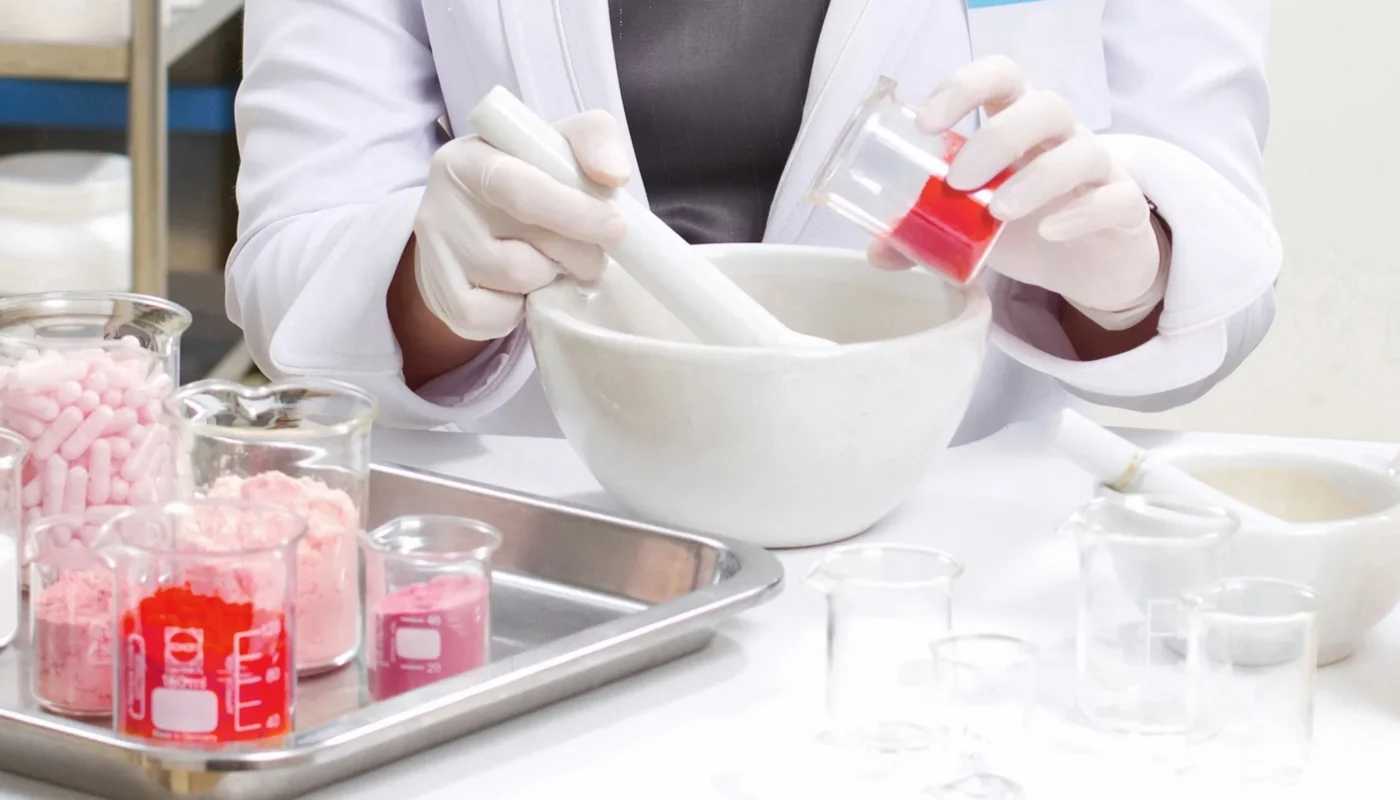The compounding chemotherapy market involves the preparation of specific doses of chemotherapy in accordance with a prescription issued by a physician. Compounded chemotherapy has advantages over commercially manufactured chemotherapy as it allows compounding pharmacies to custom formulate drugs for specific patients. This helps meet the special needs of patients with allergies, sensitivities, or those requiring different dosages and formulations. The Global compounding chemotherapy market is estimated to be valued at US$ 11.76 Mn in 2024 and is expected to exhibit a CAGR of 2.8% over the forecast period 2024 to 2030.
Key Takeaways
Key players operating in the Global Compounding Chemotherapy Market Size include Singapore Airlines,Air New Zealand,Qantas,Qatar Airways,Virgin Australia,Emirates,All Nippon Airways,EVA Air,American Airline,Spicejet,The Boeing Company,Airbus SE,Lockheed Martin Corporation,Textron Inc,Embraer S.A. Key players focus on advancing continuous chemotherapy through formulations tailored to meet individual needs.
The key opportunities in the compounding chemotherapy market include growing need for personalized medicine, increasing geriatric population prone to cancer, and rising demand for cost-effective treatments. The continuous compounding of chemotherapy also enables more targeted treatment with fewer side effects.
Technological advancements have allowed for targeted delivery of chemotherapy drugs, which enables prolonged and continuous exposure of cancer cells to anti-cancer agents. This increases the efficacy of treatment while reducing toxicity for patients.
Market Drivers
The increasing adoption of continuous chemotherapy regimens is a major market driver. Continuous chemotherapy allows for smaller, more frequent doses of drugs over a longer period. This results in a more consistent concentration of anti-cancer agents in the body. Continuous chemotherapy has been shown to improve treatment outcomes compared to short-term intermittent therapy, thus driving its adoption in cancer treatment.
Current challenges in Compounding Chemotherapy Market
The compounding chemotherapy market continues to face regulatory challenges that impact profitability and market development. Compounded chemotherapy drugs are held to the same standards for safety, sterility and purity as FDA-approved medications. This requires compounding pharmacies to maintain stringent manufacturing processes and quality control programs. Limited resources and the need to serve small patient populations makes meeting all regulatory standards challenging and costly. Patient access issues also present difficulties as insurance coverage for compounded drugs varies widely. Further education is needed regarding the role and importance of compounded options within cancer care.
SWOT Analysis
Strength: Compounded formulations can provide individualized treatment plans tailored to unique patient needs or circumstances not met by standard drugs. This personalized medicine approach is a major advantage.
Weakness: Compounding pharmacies have smaller economies of scale and research/development budgets than large pharmaceutical companies. Meeting all quality and regulatory demands is challenging without significant capital resources.
Opportunity: As cancer treatments become more targeted and specialized, the need for customized medication options is growing. A rise in personalized medicine supports expanded use of compounding services.
Threats: Stricter regulatory oversight could increase operating costs and compliance burdens, pricing some compounders out of business. Reimbursement issues also present a threat if insurers limit or deny coverage for compounded chemotherapy drugs.
Geographical regions of concentration
In terms of market value, the compounding chemotherapy market is highly concentrated in North America. The US accounts for the vast majority of global chemotherapy drug spending and clinical trials. Growing demand for personalized treatment approaches also contributes to North America’s leadership position within this industry segment.
Fastest growing region
The Asia Pacific region is projected to experience the fastest growth in the compounding chemotherapy market over the forecast period from 2024 to 2030. Improving access to cancer therapies and clinical trials and rising healthcare investments in countries like China, India and South Korea are expanding the market potential in Asia Pacific. The need for specialized and customized treatment options is also increasing as cancer rates grow across the region.
*Note:
1. Source: Coherent Market Insights, Public sources, Desk research
2. We have leveraged AI tools to mine information and compile it


